Kielce
8.44
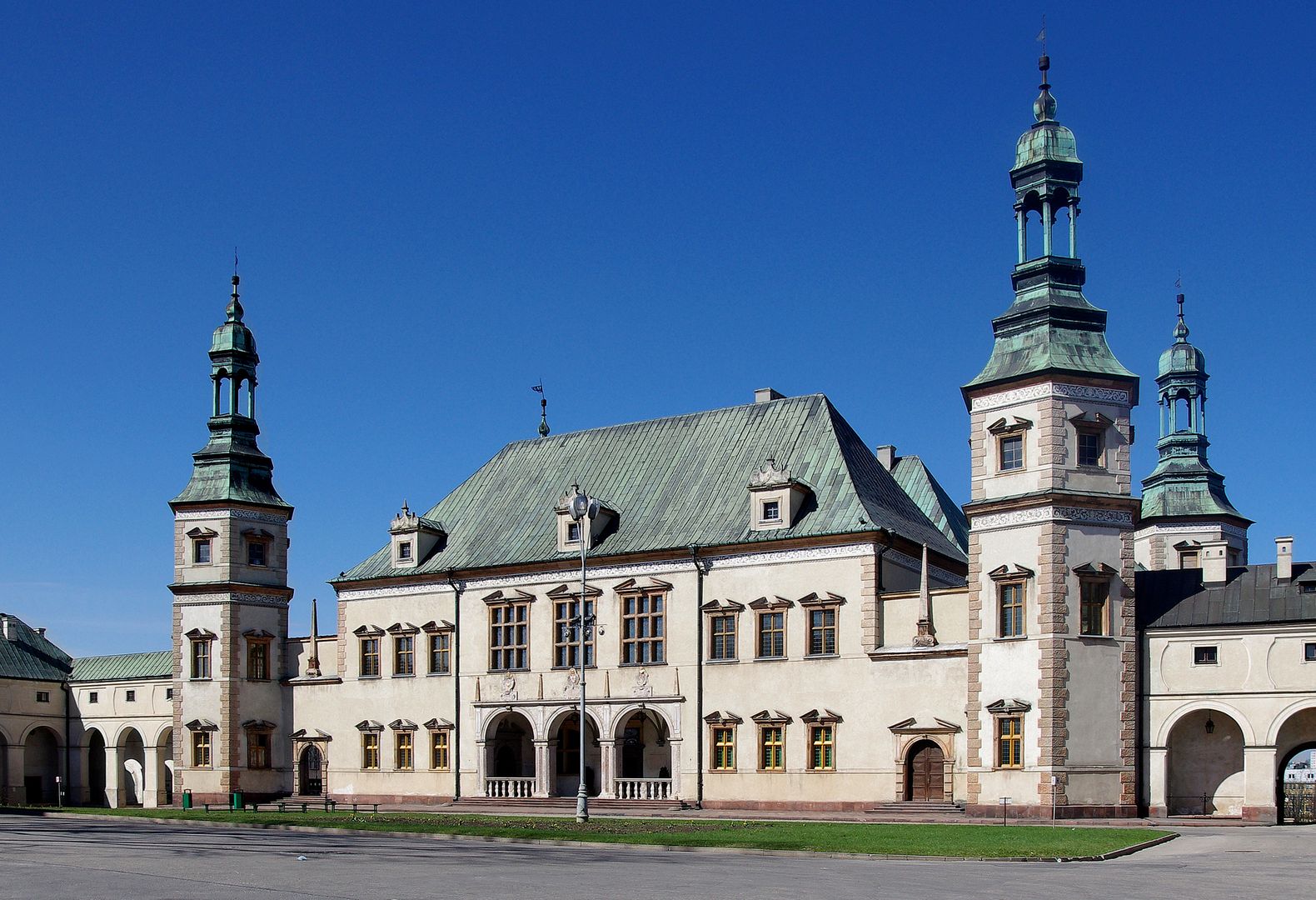
Overview
Kielce, a city with county rights in central Poland, serves as the capital of the Świętokrzyskie Voivodeship and is nestled in the picturesque Świętokrzyskie Mountains. From a historical perspective, Kielce boasts a rich past dating back to the Middle Ages, having received its town charter before 1259, with its development closely tied to the Kraków bishopric. The city is characterized by varied terrain, and the Silnica River flowing through it adds to its charm. Among its architectural treasures, the Palace of the Kraków Bishops stands out, renowned for its beautiful interiors and exhibits, as does the Cathedral Basilica of the Assumption of the Blessed Virgin Mary, featuring early Baroque elements. Kielce is also home to numerous churches, such as St. Adalbert's and the Holy Trinity Church, as well as historically significant structures, including manor houses and a synagogue. The cultural scene in Kielce is vibrant—the city hosts numerous music festivals like Anima Mundi and the Memorial to Miles, along with a variety of theatrical events. Additionally, the National Museum and the Kielce Village Museum showcase the region's rich heritage. In Kielce, one can find monuments commemorating significant events, including the extermination of Jews during World War II and other important historical moments. As a cultural hub of the region, Kielce also enjoys dynamic economic growth with a broad industrial sector, including well-known brands. It is also worth noting that the city serves as the starting point for many tourist trails, offering residents and visitors access to scenic landscapes. An interesting fact is the etymology of the name Kielce, which may derive from the Old Polish word "kielce," meaning "plant sprouts," alluding to the marshy terrain surrounding the city. Modern Kielce, with its rich cultural and historical offerings, is an excellent destination for exploring Polish tradition.
Trip Plans
Location
Tickets
Powered by GetYourGuide
You can also find here:
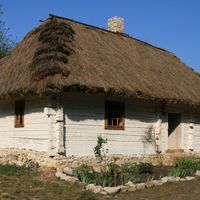
Kielce Rural Village Museum in Kielcach
7.56
Kielce

National Museum in Kielce
7.43
Kielce
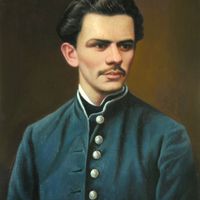
Stefan Żeromski's School Years Museum
7.15
Kielce
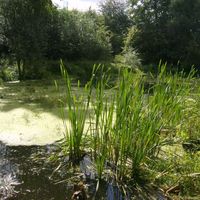
Oak Grove
6.78
Kielce
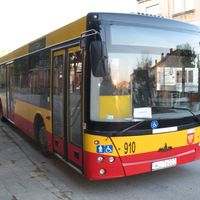
Buses in Kielcach
6.65
Kielce
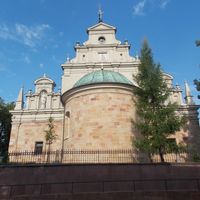
The Cathedral Basilica of the Assumption of the Blessed Virgin Mary in Kielce
6.65
Kielce
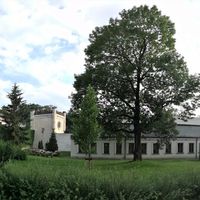
Tomasz Zieliński Palace in Kielce
6.63
Kielce
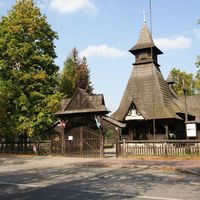
Church of the Transfiguration of the Lord in Kielce - Białogon
6.56
Kielce
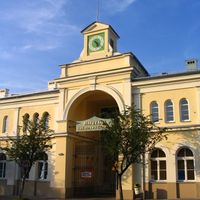
The Toy and Play Museum in Kielce
6.54
Kielce
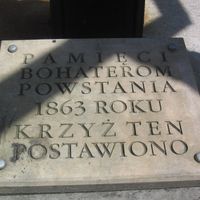
Cross at Bruszeń
6.49
Kielce
2025 Wizytor | All Rights Reserved